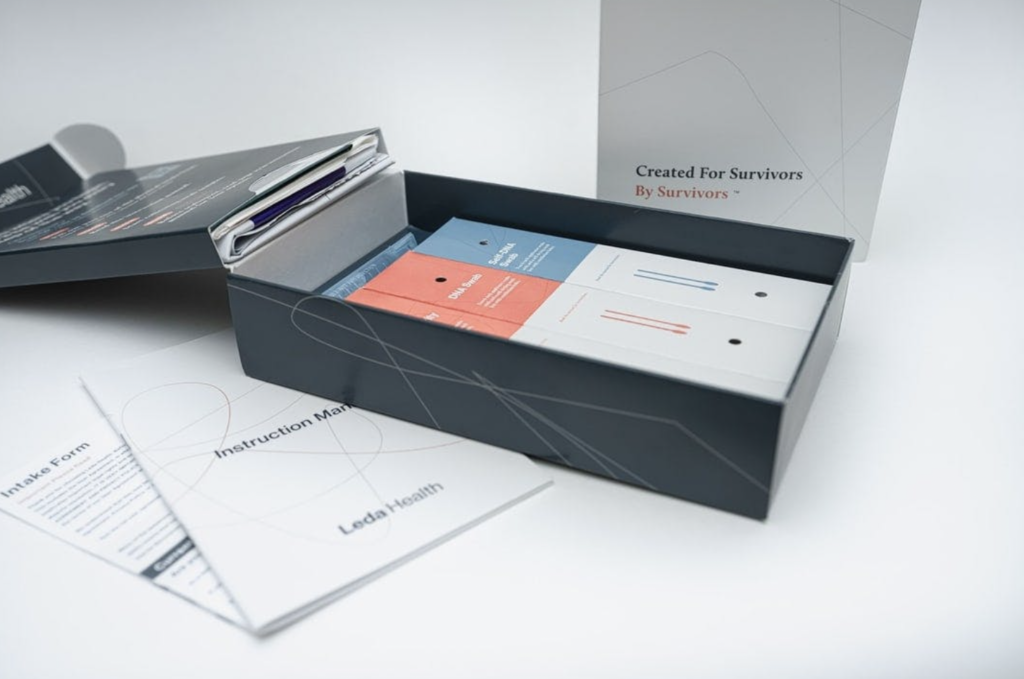
Sexual assault remains an unsettling and urgent issue, especially within the U.S. military, where the rate of unreported cases is alarmingly high. Recognizing this, Syracuse University’s Forensic Science Institute and Leda Health have partnered to explore the feasibility of early evidence sexual assault kits. Aimed at providing survivors with the ability to collect evidence privately, this collaboration hopes to bring justice closer to reach for those affected by sexual violence.
According to statistics from the Department of Defense, over 7,000 cases of sexual assault against service members were reported in 2022. However, less than 30% of survivors go to the hospital for a forensic medical exam, making prosecution difficult due to the lack of DNA evidence.
Leda Health, launched in 2019, wants to leverage technology for sexual assault prevention and care. Their Early Evidence Kits provide survivors with a way to self-collect evidence after experiencing sexual assault. The kits are designed for privacy and ease of use, ensuring that the evidence collection process is both secure and survivor-centered.
Syracuse University’s Forensic Science Institute brings academic rigor and a wealth of experience to this collaboration. With experts like Executive Director Kathleen Corrado and Research Associate Professor Michael Marciano, the institute provides in-depth knowledge in sexual assault kit processing and the latest technologies in forensic science. Both have served on forensic science committees that develop standards for biological evidence collection and forensic DNA analysis.
“Mike and I have contacts within the field, both on the scientific side and on the military side, that we’re bringing into this project,” says Corrado.” It’s great to be able to combine our experience in the sexual assault forensic evidence realm as well as in the national security realm in a way that contributes to the public good and honors the University’s longstanding commitment to active members of the military and veterans.”
The project is currently in its first phase, focusing on a gap analysis assessment that examines various aspects including evidence collection processes, chain of custody, documentation, and legal considerations. The ultimate goal is to advance to the second phase, which would involve a more thorough exploration of the different use cases of the kits and their potential impact across various military branches.
“Sexual assault within the military is a growing issue, with reported assaults increasing year after year, yet the rates of prosecution have nearly halved, one of the reasons being a lack of sufficient evidence,” says Madison Campbell, co-founder, and CEO of Leda. “Having our kits available to members of the military could provide survivors with different options. We’re thrilled to partner with Syracuse University’s Forensic Science Institute on this collaboration that will drive advancements in healthcare and forensic science.”



